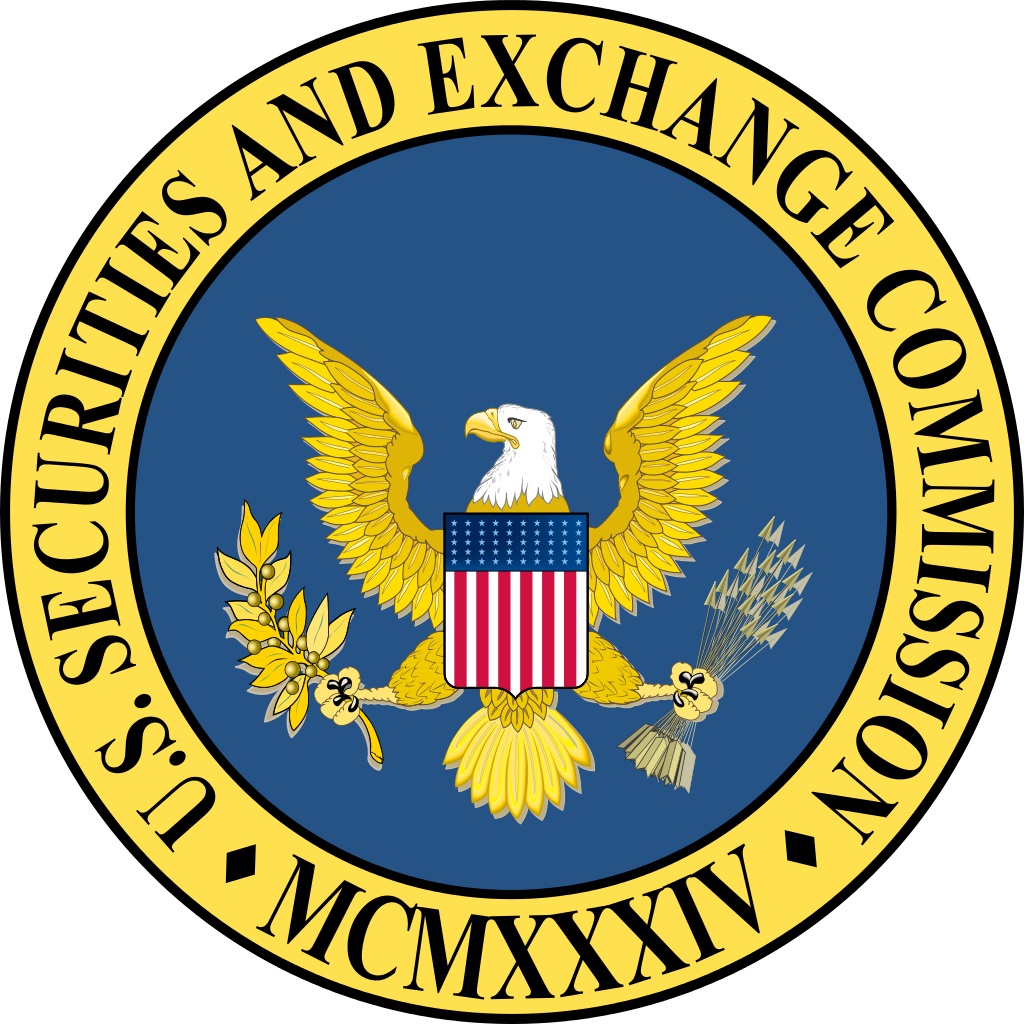

The U.S. Securities and Exchange Commission (SEC) recently announced that a developer of technologies for touchscreen devices, Uni-Pixel, has agreed to pay $750,000 to settle charges that it misled investors about the production status and sales agreements for a key product.
The agency alleges that Uni-Pixel began publicly touting sales of a touchscreen sensor product supposedly in speedy high-volume commercial production when in fact only a few samples had been manually completed.
The misrepresentations caused Uni-Pixel’s stock price to more than double, enabling then-CEO Reed Killion and then-CFO Jeffrey Tomz to make over $2 million in personal profits from selling their own shares of company stock.
Killion and Tomz allegedly knew the company’s statements were untrue and Uni-Pixel’s manufacturing process was still incapable of mass producing commercial quantities of sensors.
These two former company executives face related charges in an SEC complaint filed in U.S. District Court for the Southern District of Texas. The SEC entered into a deferred prosecution agreement with the company’s former chairman of the board, who has agreed to cooperate and be barred from serving as an officer and director for five years.
Shamoil T. Shipchandler, director of the SEC’s Fort Worth Regional Office, commented:
We allege that Uni-Pixel and top executives portrayed a company whose technology had arrived when in truth it was still in the developmental stage,” “Tech companies and their officers must be honest with investors about the state of their products and cannot portray them as something they are not.
According to the SEC:
- Uni-Pixel announced “multi-million dollar” sales agreements in 2012 and 2013 that highlighted potential revenues but omitted material conditions the company had to meet to actually receive those revenues.
- Uni-Pixel announced in April 2013 that its high-volume production line was “qualified and production ready” and its capacity “started at fifty moving to hundreds and then thousands over the next several months.” At the time, Uni-Pixel had yet to produce any functional sensors through its high-speed process.
- Uni-Pixel issued a press release in November 2013 touting a “purchase order” for its sensors that expected to ship an initial “commercial run” of sensors by year-end. The company concealed that the order was for a mere $10 worth of sensors for the customer to review as samples.
Sponsored: Want to Retire Early? Here’s a Great First Step
Want retirement to come a few years earlier than you’d planned? Or are you ready to retire now, but want an extra set of eyes on your finances?
Now you can speak with up to 3 financial experts in your area for FREE. By simply clicking here you can begin to match with financial professionals who can help you build your plan to retire early. And the best part? The first conversation with them is free.
Click here to match with up to 3 financial pros who would be excited to help you make financial decisions.
Thank you for reading! Have some feedback for us?
Contact the 24/7 Wall St. editorial team.



